A 12-day exchange of Israeli air-strikes and Iranian missile fire in June left more than 700 people dead and set back—but did not destroy—Iran’s nuclear infrastructure. The fighting halted on June 24th under a U.S.-brokered cease-fire, yet diplomatic fallout continues. In parallel, Washington’s June 21st raid on three enrichment sites froze a nascent European effort to restart nuclear talks with Tehran.
The Warning Call
On July 1st Foreign Minister Abbas Araghchi phoned EU foreign-policy chief Kaja Kallas to protest what he called Europe’s “destructive approach” toward the confrontation. He argued that statements from Germany and other unnamed capitals defending Israel’s strikes amounted to complicity in violations of international law and had “severely undermined diplomacy, the Non-Proliferation Treaty, and UN Security Council Resolution 2231.”
EU’s Stance and Response
Kallas replied that the bloc remains committed to de-escalation and sees “no evidence” that Tehran is pursuing a weapon, but she pressed Iran to restore full cooperation with the International Atomic Energy Agency and to return to structured talks “as soon as possible.” She also cautioned that Tehran’s threat to leave the NPT “doesn’t help to lower tensions,” adding that Brussels is ready to facilitate negotiations if both sides show restraint.
Points of Contention
Araghchi’s main grievance is the perception that several European governments endorsed U.S. and Israeli strikes while criticizing Iran’s missile response. Tehran says such “double standards” validate hard-liners who oppose diplomacy; European officials counter that Iran triggered the crisis by launching drones at Israel’s nuclear research center on June 13th. Behind the rhetoric lies a broader split over what constitutes proportional self-defense and how quickly inspections at damaged Iranian sites must resume.
Diplomatic Stakes
The call took place as EU envoys try to salvage a pathway back to the 2015 nuclear accord. Any revival would likely require Iran to cap enrichment below weapons grade in exchange for phased sanctions relief. Those talks were already delicate before the June strikes; Iran’s parliament is now drafting legislation to quit the NPT if sanctions intensify, while hawks in the European Parliament demand new penalties if Tehran refuses immediate IAEA access. Both sides acknowledge that the window for compromise could close within weeks.
Regional Security Angle
European diplomats say Iran’s warning arrives at a sensitive moment: NATO allies are deploying additional missile-defense units to the eastern Mediterranean, and commercial insurers have raised premiums on tanker traffic through the Strait of Hormuz. Tehran insists its armed forces “stand fully prepared” but will observe the cease-fire so long as Israel refrains from further attacks. Brussels fears that a breakdown would pull the EU deeper into Middle East security guarantees just as it is absorbing the financial burden of the Ukraine conflict.
Economic Dimensions
The dispute also threatens trade. EU purchases of Iranian petrochemicals—legal under humanitarian exemptions—have climbed since 2023, but several member states are reviewing import licenses in light of the June hostilities. Iran, for its part, is signaling that energy contracts could be redirected to Asian buyers unless Europe takes what Tehran calls a “balanced” line. Analysts at the European Council on Foreign Relations warn that a tit-for-tat sanctions spiral would tighten global oil supplies and further strain EU inflation management.
Outlook
Brussels plans to dispatch a technical team to Tehran next week to discuss IAEA access, but Iranian officials say progress depends on Europe distancing itself from U.S. “aggression.” If talks stall, Iran could escalate by enriching uranium to 90 percent or by suspending adherence to the Additional Protocol—moves that would trigger an EU push for snap-back sanctions and possibly fracture the cease-fire. For now, both sides are trading warnings rather than missiles, yet each measure of diplomatic friction narrows the space for a negotiated settlement of both the nuclear file and the broader Israel-Iran confrontation.



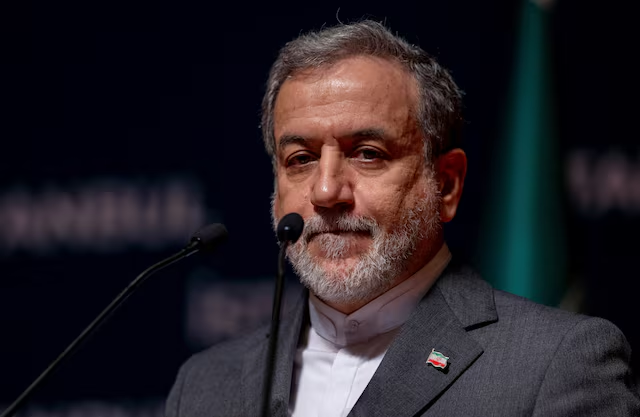
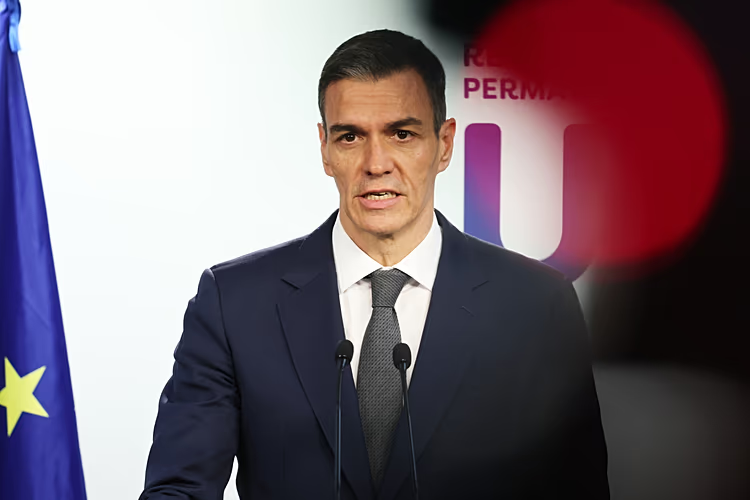
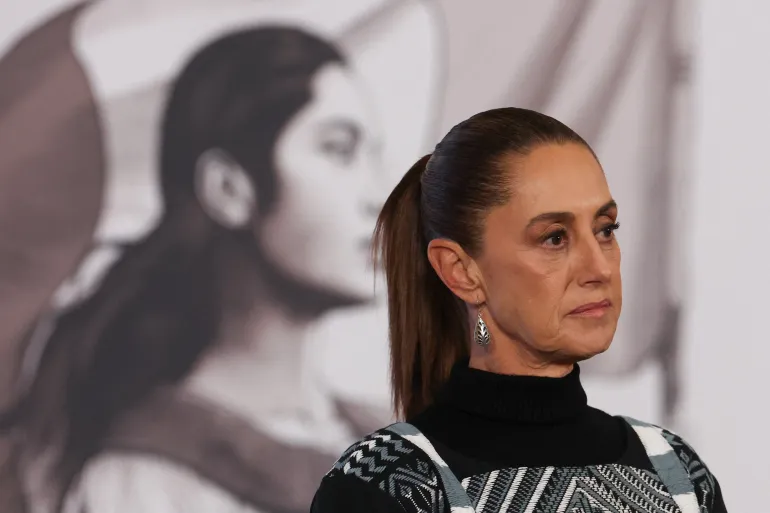
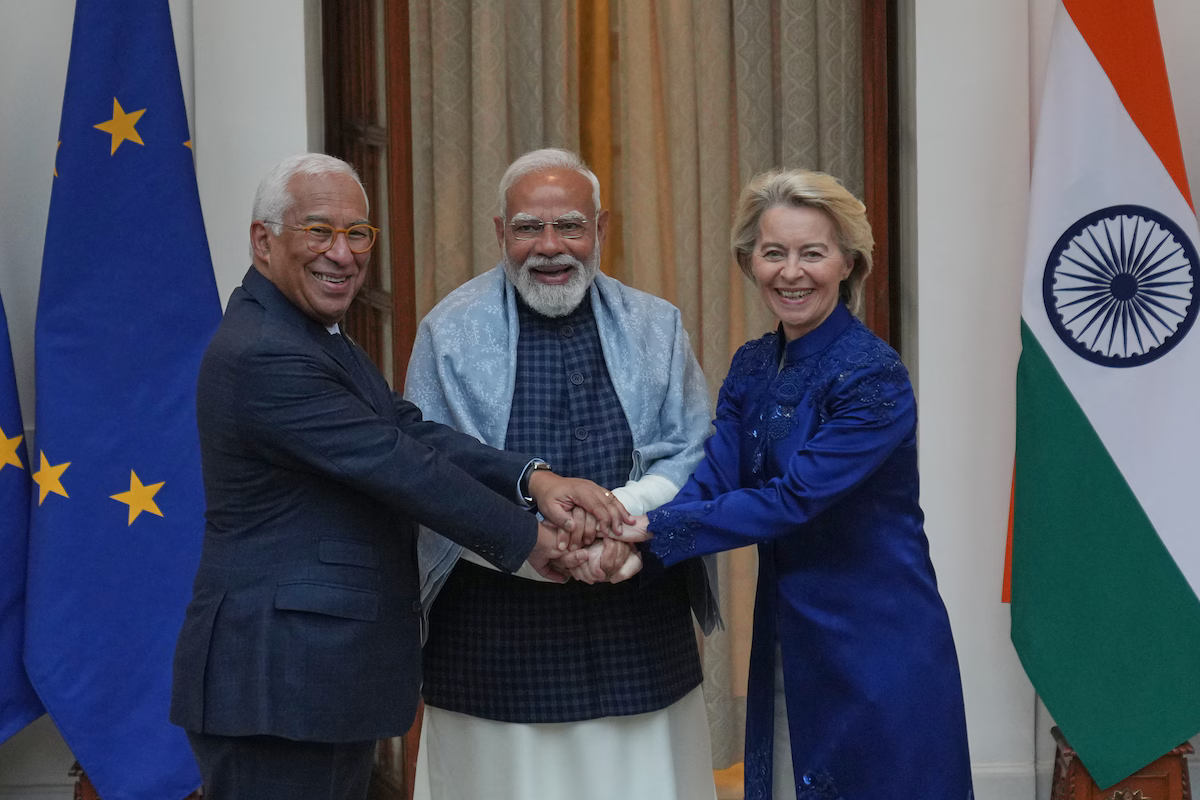
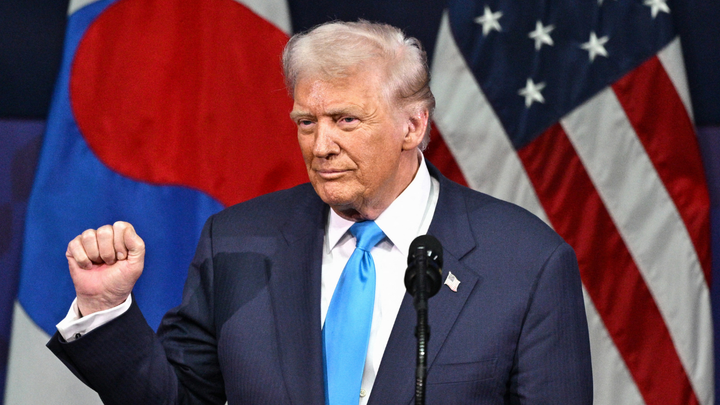
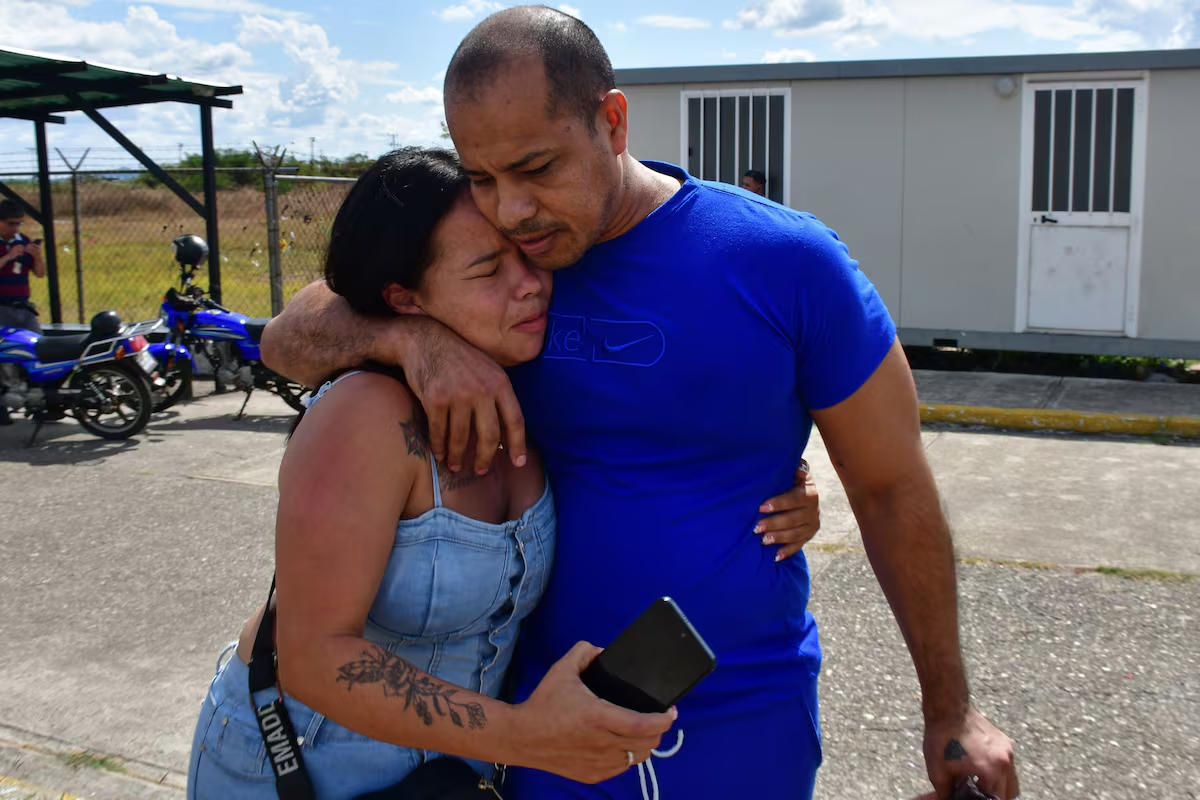

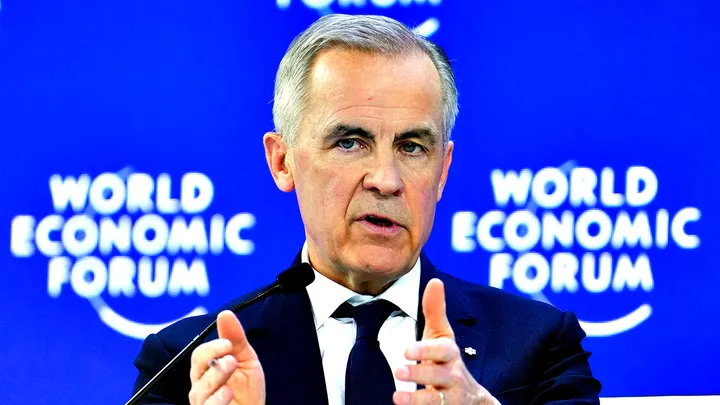
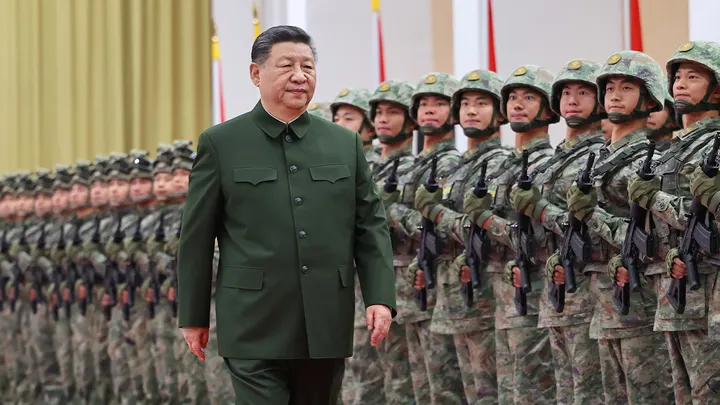
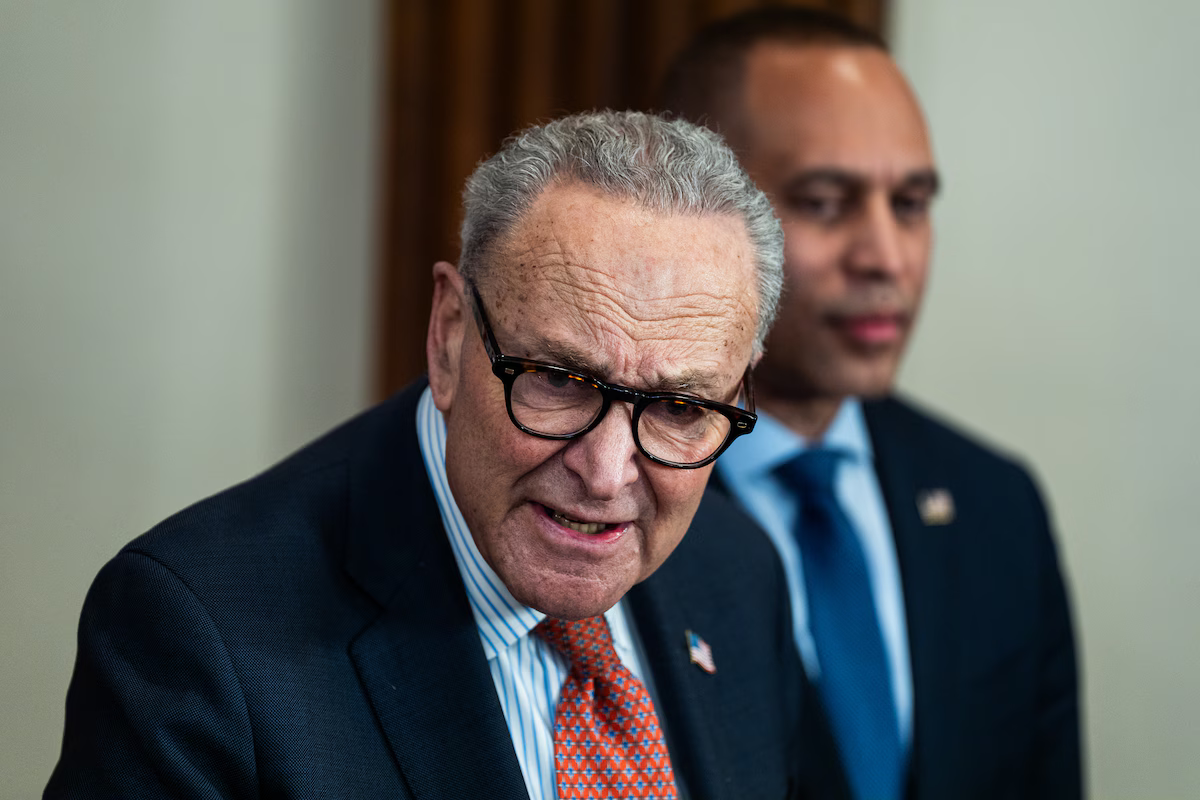
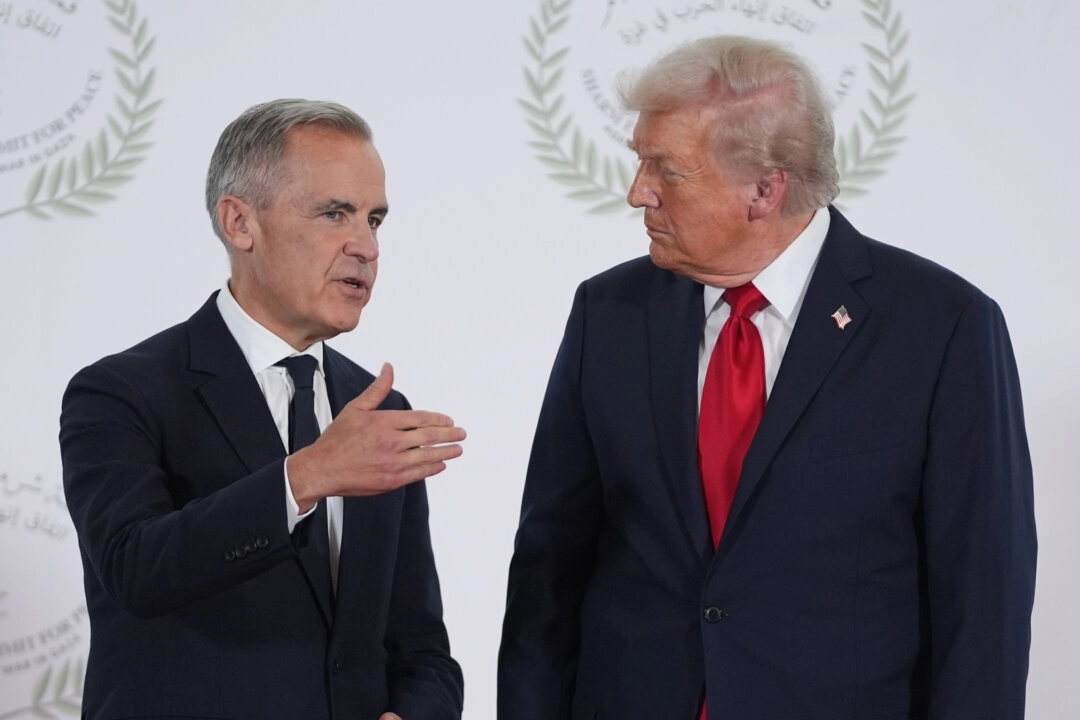
Discussion